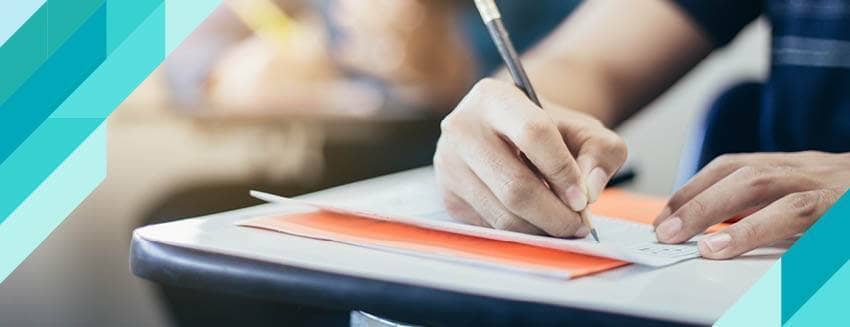
For the first time in Turkey, primary, middle and high school students will take a break on Friday, November 15. Stating that the 9-day break will be good for children, experts emphasize that working continuously without a break can create emotional pressure. "Breaks are a part of learning and are the guardians of psychological well-being," say experts, who point out that the use of holidays with rest, fun and different activities increases efficiency in education. Experts state that this period is an important opportunity to spend time together with the child.
NPISTANBUL Hospital Child-Adolescent Specialist Clinical Psychologist Leyla Arslan said that the interim holidays given during long periods of education will make important contributions to the development and academic success of the child.
Noting that the nine-day holiday has many aspects that can be considered positive for the child, Specialist Clinical Psychologist Leyla Arslan listed them as follows:
- In terms of development, it prevents fatigue in both older and younger children. Fatigue is one of the most important factors that prevent efficient studying.
- It is not a good idea to work continuously and not to take a break. It causes performance anxiety and fear of failure, and creates emotional pressure.
- Life itself is the teacher; learning outside of school is also very effective in terms of a child's development.
- Homework pressure is a common problem in children attending full-day school.
- Since students will have a long educational life ahead of them, it is the most critically important behavior that the school is expected to teach them to love learning behavior and to participate in their studies with enthusiasm and willingness rather than out of obligation.
- Even if a child is very smart and loves to study, when they overwork, their hair falls out, they develop eczema, they have sleep disturbances and their body becomes stressed. There have been many cases where we have seen somatic symptoms in students we have followed because of this kind of performance anxiety disappear as soon as they go on vacation.
Child's mental health is positively affected
Specialist Clinical Psychologist Leyla Arslan pointed out that such short breaks have a positive impact on children's mental health and support children to return to school by missing their friends, teachers and educational activities.
Breaks are the guardians of psychological well-being
Leyla Arslan, Specialist Clinical Psychologist, pointed out that making use of the holidays by resting, having fun and gaining different activities increases the efficiency in education and said, "Breaks are a part of learning and are the guardians of psychological well-being. Different physical activities do not only harm physical health but also increase cognitive functions and lead to higher academic performance."
Spending time together is important
Leyla Arslan noted that decades of research have shown that children who are physically active perform better academically than their inactive peers both in the long term and in the short term:
"If parents can include themselves in their children's vacation plans, of course, the ideal will be realized. It doesn't matter if it is at home or elsewhere. Although it is becoming increasingly difficult to do things as a family, it is one of the most basic and important needs for the child that the family postpones their work and attaches importance to spending time together. By respecting children's right to rest, playing, discovering their own talents, strengthening kinship relations are all possible with good time planning. Vacation does not mean giving up the rules, but activating different learning that will change habits and turning it into a game, following a new strategy to ensure the child's participation and motivation."




